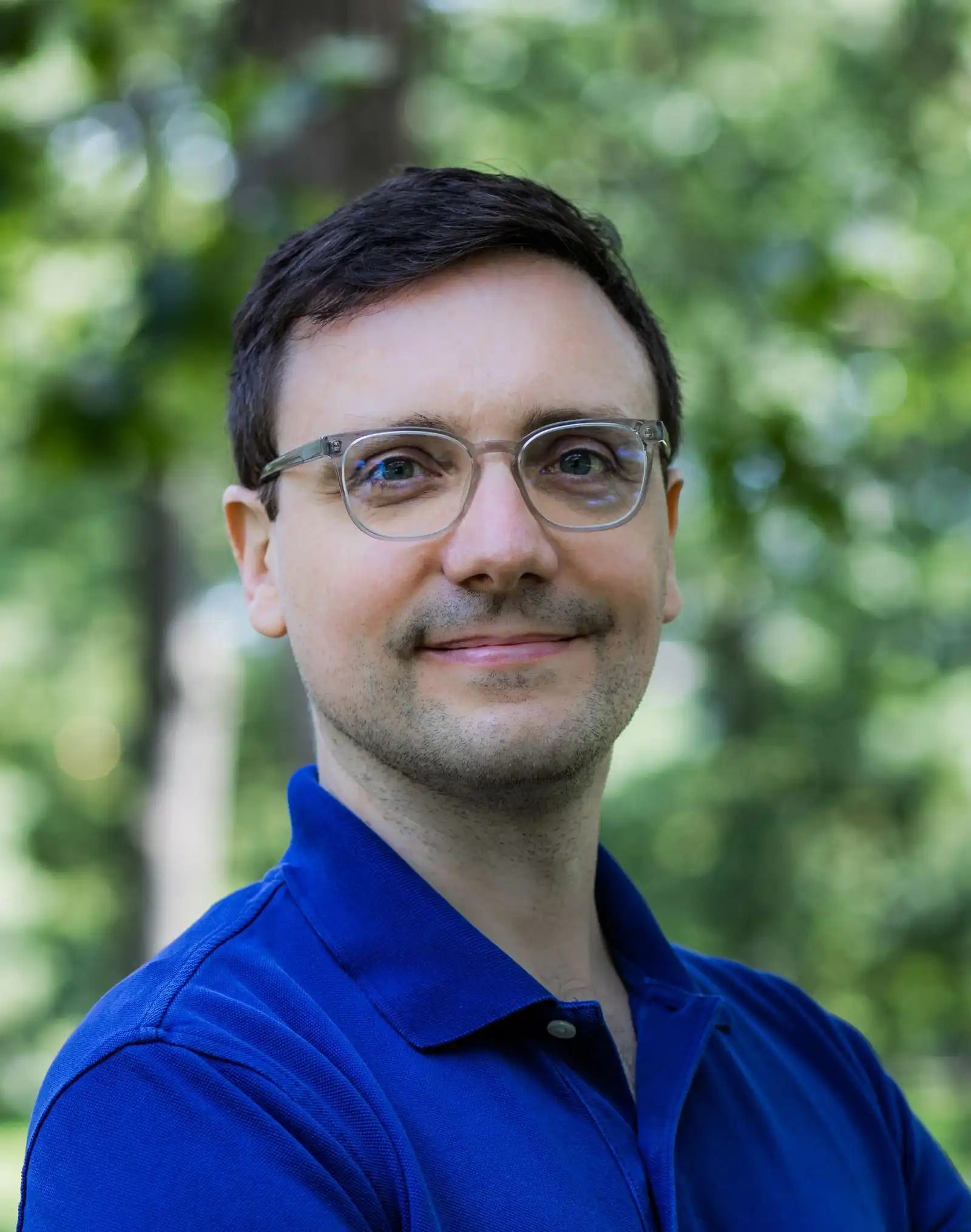Accueil>The Cost of Genius Myths: How Beliefs About Intelligence Perpetuate Inequities in Education and Careers

13.05.2025
The Cost of Genius Myths: How Beliefs About Intelligence Perpetuate Inequities in Education and Careers
À propos de cet événement
Le 13 mai 2025 de 12:30 à 14:00
Tuesday 13 May
Sciences Po, K031
1 place Saint-Thomas d'Aquin
12h30 - 14h
mandatory registration to participate in person
mandatory registration to participate via zoom

Speaker
Prof. Andrei Cimpian, New York University
Prof. Andrei Cimpian earned a PhD in psychology from Stanford University in 2008 and is now Professor of Psychology at New York University. His research investigates how beliefs about intellectual ability shape academic and career trajectories, with a particular focus on understanding gender and racial disparities in STEM and other fields. Prof. Cimpian’s research has been published in top journals such as Science, Behavioral and Brain Sciences, and Psychological Science, earning him the 2018 American Psychological Association Distinguished Scientific Award for Early Career Contribution to Psychology. Media outlets such as The New York Times, Libération, The Atlantic, The Washington Post, and The Economist have covered his work.
Abstract
Andrei Cimpian will engage in a discussion with Grégoire Borst, director of LaPsyDé and affiliated researcher in LIEPP Educational Policies research group, to argue that the segregation and inequities observed worldwide in many fields of study (and subsequent careers) can be explained in part by the combination of two "genius myths." The first myth concerns what's required for success: Some fields more than others embrace the belief that exceptional intellectual talent, above all else, is the key to success. The second myth concerns who possesses such talent: Pervasive cultural stereotypes associate genius and brilliance primarily with (White) men.
Together, these myths (a) often lead women and marginalized racial/ethnic groups to opt out of educational and career paths that emphasize genius (including many science and technology fields), and (b) foster environments in genius-oriented fields that are unwelcoming to people with these identities. This argument is supported by observational and experimental evidence from a wide range of fields, countries, and career stages, as well as by developmental data that reveal these genius myths take hold in childhood.
À propos de cet événement
Le 13 mai 2025 de 12:30 à 14:00
